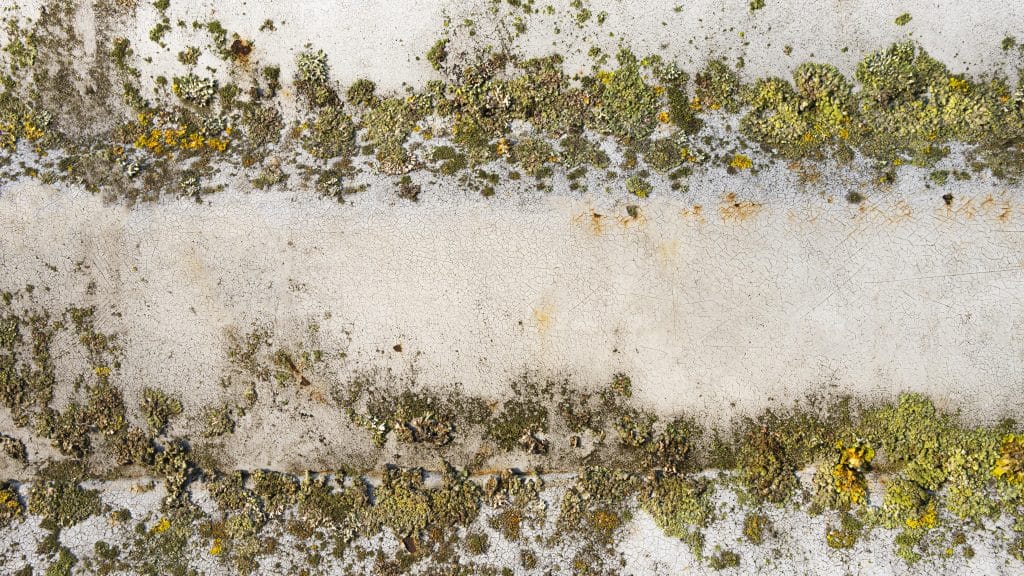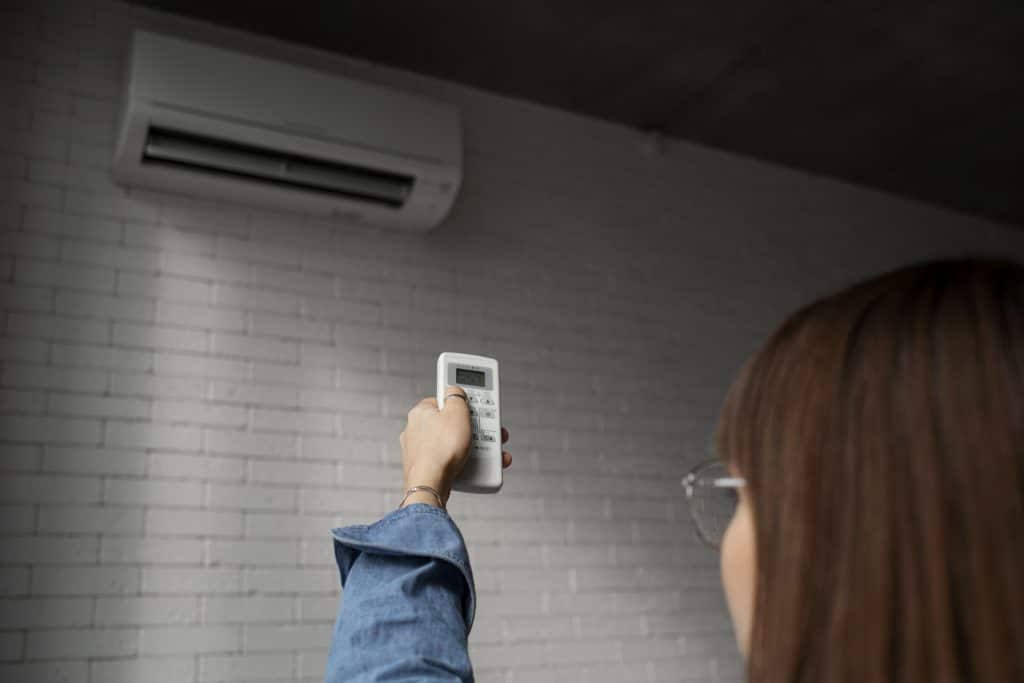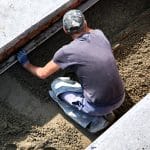Contents
If you own a property with a basement, you may be familiar with the issues that can arise from time to time. Mould, allergies, and insects are common problems that can affect the basement’s health and your overall living environment. Our team has certified engineers for the basement underpinnings of Mississauga, Toronto, and Hamilton. They monitor the construction work to guarantee that the underpinning is done correctly and meets the required standards.
Understanding the Need for The Exorcism of Your Basement
A vital construction process that involves strengthening and stabilizing the foundation of a building called basement underpinning.
Periodically, the original foundation may weaken due to various factors:
- Soil settlement;
- Structural changes;
- Increase in the building’s load.
Cracks may develop, moisture can seep in, and the basement becomes more susceptible to:
- Mould growth;
- Allergen accumulation;
- Insect infestations.
Underpinning becomes a life question to restore the foundation’s integrity and enhance the overall structural stability of the building.
The Impact of Mould Infestation on Basements
The archenemy of basements, mould, loves dark, damp, and poorly ventilated space. These conditions create an ideal habitat for mould spores to thrive and spread.
As mould infests the basement’s surfaces, it releases spores into the air, which can lead to respiratory issues, allergies, and other health problems. Additionally, mould can weaken the building’s structure, which is why your basement is losing its safety and longevity. Read our article about other hazardous risks for your health, and don’t wait until it gets worse!
The dangers of mould in basements
Mould infestation in basements presents a substantial threat to both the structural integrity of the building and the well-being of its occupants. Basements, which are below ground level with limited ventilation and increased humidity levels, are particularly susceptible to mould growth.
Homeowners should clearly understand the dangers associated with basement mould and take timely action to prevent potential damage.
Common health issues associated with mould
Mould releases spores into the air as part of its reproductive process. When these spores are inhaled, they can trigger various health problems, especially in individuals with allergies, respiratory conditions, or weakened immune systems.
Structural Damage
One of the most alarming dangers of mold in basements is its potential to cause structural damage to the building. Mould tends to grow on organic materials, such as wood, drywall, and insulation, commonly found in basements. As it feeds on these materials, mould gradually weakens their structural integrity.
This weakening can lead to decay, warping, and even eventual collapse if left unaddressed. Over time, the structural damage caused by mould can result in costly repairs and compromise the safety of the entire building.
Health Risks
Mould releases spores into the air as part of its reproductive process. When inhaled, these spores can cause various health problems, especially for individuals with allergies, respiratory conditions, or weakened immune systems.
- Allergic reactions — old spores can trigger allergic reactions, resulting in symptoms such as sneezing, coughing, itchy eyes, and skin irritation;
- Respiratory problems — prolonged exposure to mould can lead to respiratory issues, including wheezing, asthma attacks, and exacerbation of chronic respiratory conditions;
- Sinus infections — mould spores can irritate the nasal passages and sinuses, potentially leading to sinus infections;
- Fungal infections — in some cases, mould exposure can cause fungal infections on the skin or in the respiratory system, especially in individuals with compromised immune systems.
What is mould?
Mould, a form of fungus, flourishes in environments that are damp and humid.
It typically manifests as fuzzy or discolored patches on walls, ceilings, and various surfaces.

It also has the ability to release spores into the air, and when these spores are inhaled, they can give rise to a range of health concerns, particularly for individuals with allergies or respiratory issues.
The health risks of mould infestation
Basements are prone to dampness due to their underground location, which creates an ideal breeding ground for mould. Mould infestations can weaken the structural integrity of the basement and the entire building, leading to costly repairs.
Moreover, exposure to mould spores can trigger allergies, respiratory problems, and even more severe health conditions.
Allergies
Allergies can silently wage an unseen battle in the confines of our basements, affecting the well-being of occupants without them even realizing the source of their discomfort. While basements are commonly used for storage, laundry, or as additional living space, they are also notorious for harbouring allergens that can trigger allergic reactions and compromise indoor and outdoor air quality.
Common Basement Allergens
Basements can become a haven for various allergens due to factors such as limited ventilation, dampness, and the accumulation of dust and debris. Some of the common allergens found in basements include:
- Dust mites — these microscopic creatures thrive in humid environments and feed on human skin flakes. Dust mites can trigger allergic reactions when their fecal matter and body fragments become airborne and are inhaled;
- Mould spores — it is a common issue in damp and poorly ventilated basements. Mould releases spores into the air, and inhaling these spores can cause allergic reactions and problems with breathing;
- Pet dander — if pets frequently visit the basement, their dander can accumulate on surfaces and contribute to allergic reactions, especially in individuals sensitive to pet allergens;
- Pollen — leading to seasonal allergies for sensitive individuals.
Basements often accumulate allergens like dust mites, pet dander, and pollen, which can trigger allergic reactions in sensitive individuals. Prolonged exposure to these allergens can cause sneezing, congestion, skin rashes, and other allergy symptoms.
Improving Basement Air Quality
Basement underpinning in Canada involves strengthening the foundation and adding new supports, which can help seal gaps and cracks where allergens might enter and also install the air conditioner. Just these two things can significantly improve the overall air quality in the basement, making it a healthier living space.

Common Basement Insects
Basements are also attractive to insects such as termites, cockroaches, and ants. These pests can cause extensive damage to wooden structures and compromise the stability of the basement.
Preventing Insect Infestations
Basement underpinning mississauga creates a more secure and sealed environment, making it difficult for insects to enter. Additionally, by addressing any existing structural issues, underpinning can eliminate entry points for pests, protecting your basement from potential infestations.
The Role of Basement Underpinning Mississauga
Basement underpinning is a construction technique that involves strengthening and stabilizing the foundation of a building. It helps to increase the overall height of the basement, creating more usable space.
Improved Drainage
Proper underpinning can enhance the basement’s drainage system, reducing the risk of water seepage and mould growth.
Increased ventilation
Underpinning allows for better airflow and ventilation, reducing humidity levels and preventing mould formation.
Structural integrity
By reinforcing the foundation, underpinning ensures the basement’s structural stability, making it less susceptible to damage from pests or moisture.
Healthier living environment
With reduced allergens and mould, your basement becomes a healthier and more comfortable living space. Here are also 5 more reasons to underpin your basement.
Conclusion
Due to the fact that the health of your basement directly impacts the overall well-being of your property and its occupants: mould, allergies, and insects. It can lead to severe problems, but with basement underpinning Mississauga, you can effectively combat these issues.
Underpinning reinforce the foundation and improve the basement’s structure. It also creates a healthier living environment by reducing mould infestation and allergen accumulation. So, if you want to transform your basement into a safer and more functional space, consider basement underpinning as the ultimate solution.
Basement Underpinning Mississauga FAQ
-
How to protect your basement from insects?
Basement underpinning creates a more secure and airtight environment, making it more difficult for insects to enter.
-
Can I improve the air quality in my basement?
Install the air conditioner and seal gaps and cracks where allergens might enter.
-
What are the disadvantages of not having the basement underpinned?
Biological issues such as mould growth, allergen buildup, and insect infestation can occur in your home.
-
Why is basement underpinning a must when building a house?
Strengthening the foundation is a long-term investment that provides the building with additional support, prevents the walls from sagging and cracking, and extends the life of the building. Moreover, basement underpinning can create more usable space by increasing the height of the basement, making it a wise and beneficial choice for any construction project.
